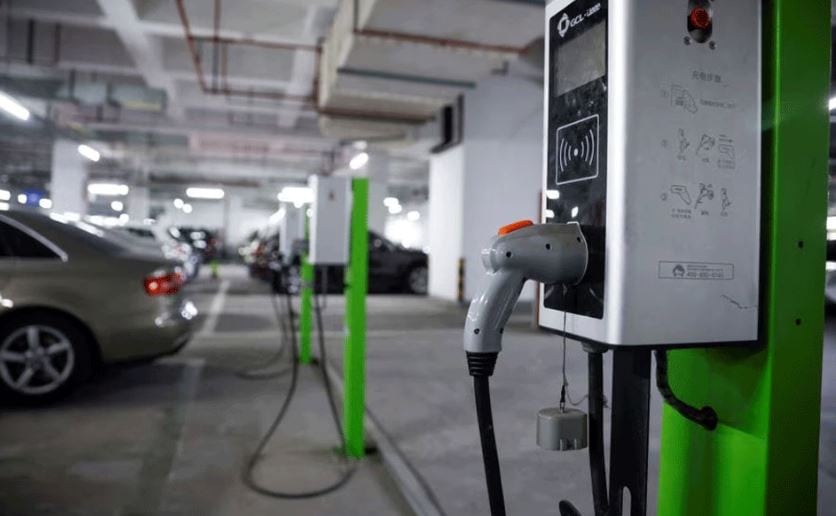ISLAMABAD – Pakistani government approved a massive reduction in electricity tariffs for electric vehicle (EV) charging stations, cutting the rate from Rs71 per unit to Rs39.70 per unit to make EV travel more affordable and help reduce the country’s dependency on imported fuel.
The new tariff structure by Prime Minister Shehbaz Sharif’s government aims to lower travel costs, with savings of up to three times compared to traditional petrol and diesel vehicles. This shift is expected to drive down transport fares, reduce fuel consumption, and save substantial foreign exchange.
Alongside tariff reduction, the federal government implemented new regulations for establishing EV charging stations and battery swapping points, to streamline process, allowing businesses to register and operate within two weeks. The regulations, introduced by the Power Division’s National Energy Conservation Authority (NEECA), offer a one-window registration system, with a minimal fee of PKR 50,000.
These changes are expected to accelerate the adoption of electric motorcycles and three-wheeled vehicles (rickshaws), which are a significant part of the country’s transportation sector. With approximately 10 million motorcycles on the road, converting to electric technology could save the nation billions in fuel costs annually, while providing a quick return on investment.
The government’s focus on electric mobility is also aimed at reducing urban transportation costs, lowering air pollution, and fostering economic growth. By supporting global and regional EV manufacturers with five levels of charging technology, the initiative is set to create new business opportunities, attract investment, and create jobs.
With a goal of achieving 30pc electric vehicle adoption by 2030, this bold initiative is expected to transform Pakistan’s transport sector and contribute to a cleaner, more sustainable future.
KIA first Electric Vehicle EV5 is finally here in Pakistan; Check Price, Full Specs










